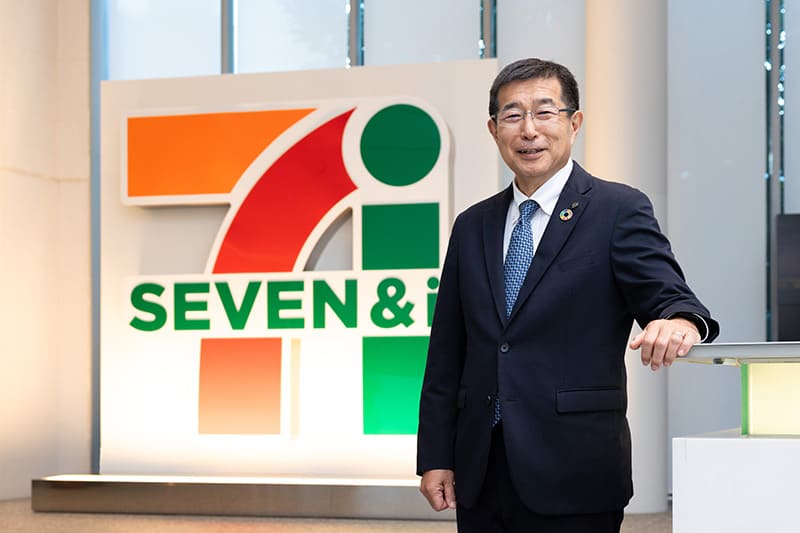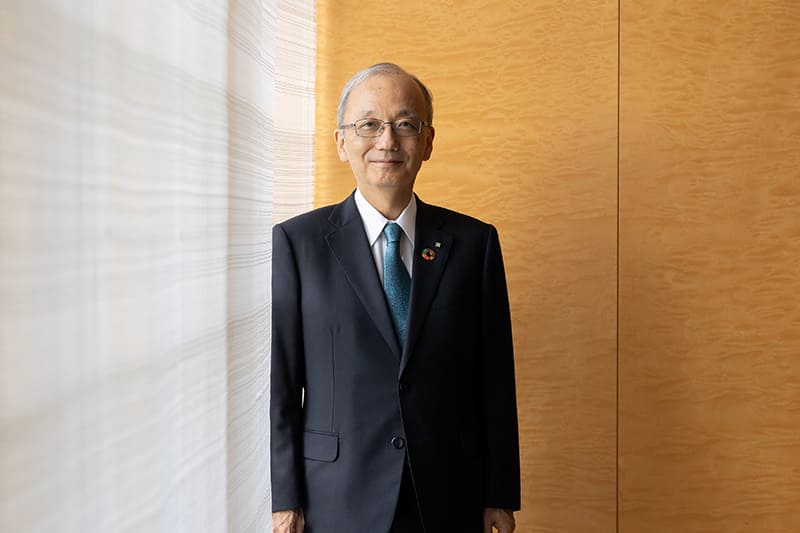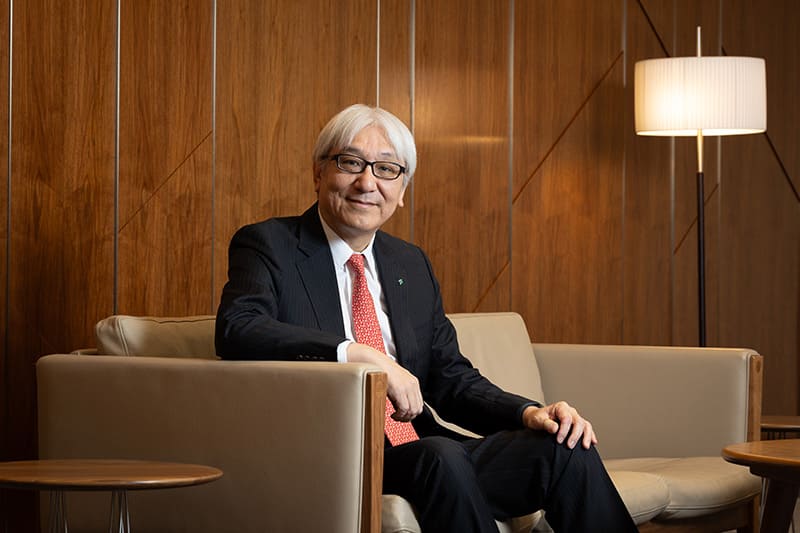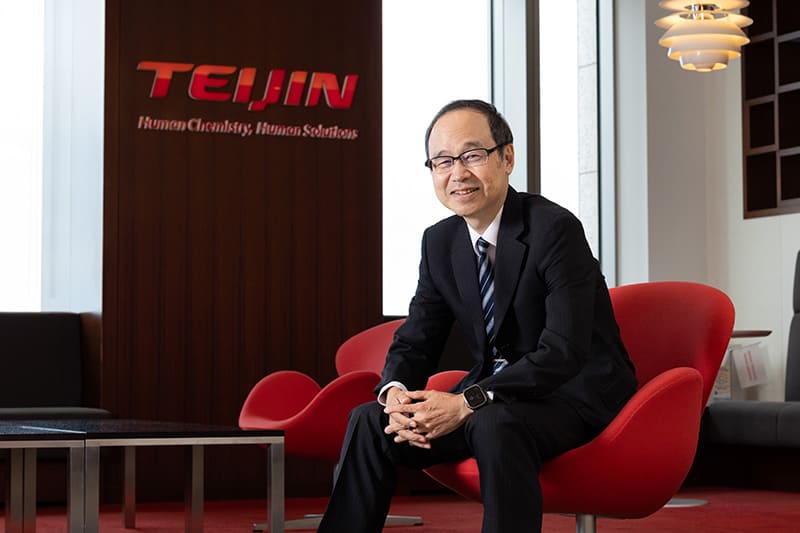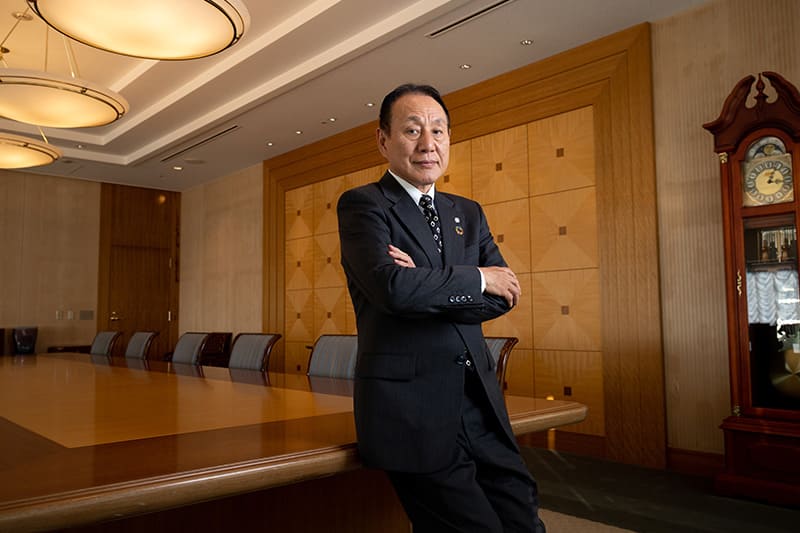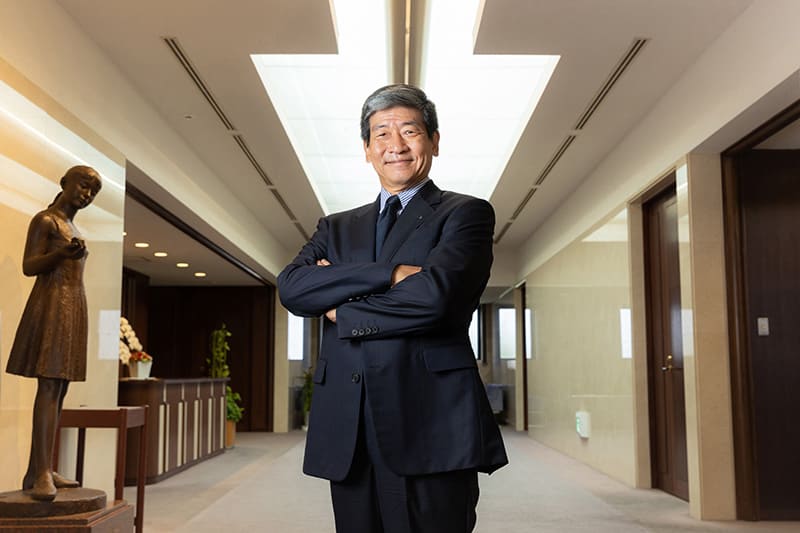January 31, 2025
Cainz enriches lives and communities through DIY
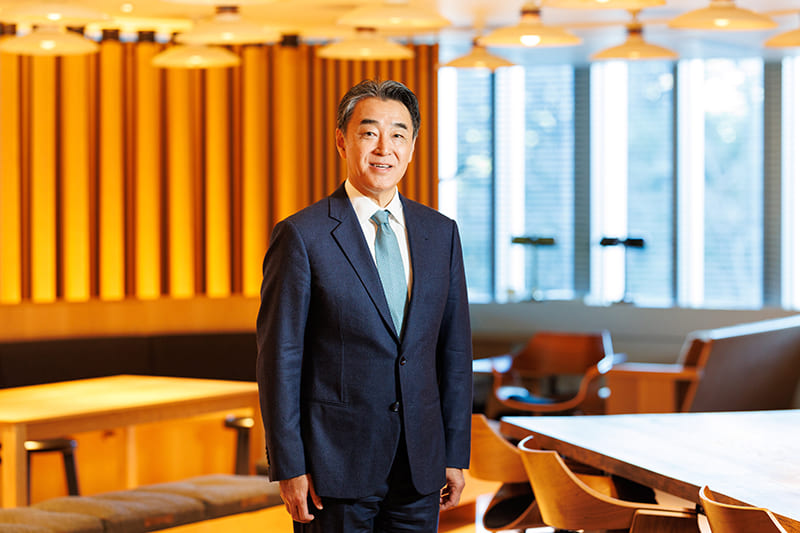
The keyword of Cainz Corp.’s business strategy is “DIY,” not only because it is a leading do-it-yourself retailer but also because the expression encapsulates its brand concept and management philosophy.
“It is too limiting to interpret DIY as just puttering around the house. We think it also means doing things more proactively to enjoy our lives and spending time more pleasantly by exploring outdoors or cooking new dishes, for example,” Hiromasa Tsuchiya, the owner and chairman of Cainz, said in a recent interview, part of a monthly series by Naonori Kimura, a partner for the consulting firm Industrial Growth Platform Inc. Tsuchiya said Cainz takes a “broader interpretation of DIY” and aims for “DIY in our daily lives.”
Cainz’s progressive management style has been a key driving force in the company reaching the top of the home improvement store business. As of February 2024, the end of its last business year, sales stood at ¥542.3 billion ($3.48 billion).
Cainz has evolved in its long history. It originated from Iseya, a fabric store founded in 1958 by Tsuchiya’s father in the city of Isesaki, Gunma Prefecture. Iseya, which opened its first DIY store in 1978, later became Beisia Group, currently consisting of 30 companies including Cainz. The group also has a history of evolution by spinning off its unique businesses, including Cainz and the work uniform retailer Workman Corp. The overall sales of the group surpassed ¥1 trillion in 2020.
In 1989, Iseya spun off the DIY business as Cainz, and Tsuchiya became the president in 2002. Known as a reformer, Tsuchiya introduced the approach of retailing Cainz’s own private brand, a model usually adopted by fast-fashion companies. This is rare among home improvement stores because it means comprehensive involvement at every step from design to manufacturing to sales.
In 2019, Tsuchiya handed over the presidency to Masayuki Takaya, who had been the president of the machine component maker and distributor Misumi Group, and proceeded to promote further reforms at Cainz. Takaya and Tsuchiya, who became the chairman and also oversees Beisia Group, declared a digital transformation for Cainz’s retailing business, updating its e-commerce site and hunting for digital experts from other companies. They also took active M&A steps, including the 2022 purchase of Tokyu Hands, an urban household goods retailer, now called just Hands, from Tokyu Fudosan Holdings Corp.
In 2021, Cainz stepped up its efforts to strengthen its engagement with its stores’ communities under its “Kumimachi” concept, meaning “engaging firmly with towns.” Cainz currently has over 240 stores in 29 prefectures, and seeks stronger ties with local governments, businesses and various local stakeholders in order to work together to create sustainable communities.
The concept is also rooted in Cainz’s corporate aspiration held since its foundation that it should nurture people and enrich local areas through its business, Tsuchiya said. It covers social issues in 15 fields, including disaster management, industrial development, the environment, education, child care and regional mobility.
For example, Cainz stores also are disaster prevention and response centers. If big earthquakes, typhoons or other natural disasters strike, the stores can help residents by letting them evacuate there or provide necessities.
Additionally, they hold open markets called Kumimachi Marche for farmers’ products and artisans’ handcrafted goods, connecting local producers and consumers.
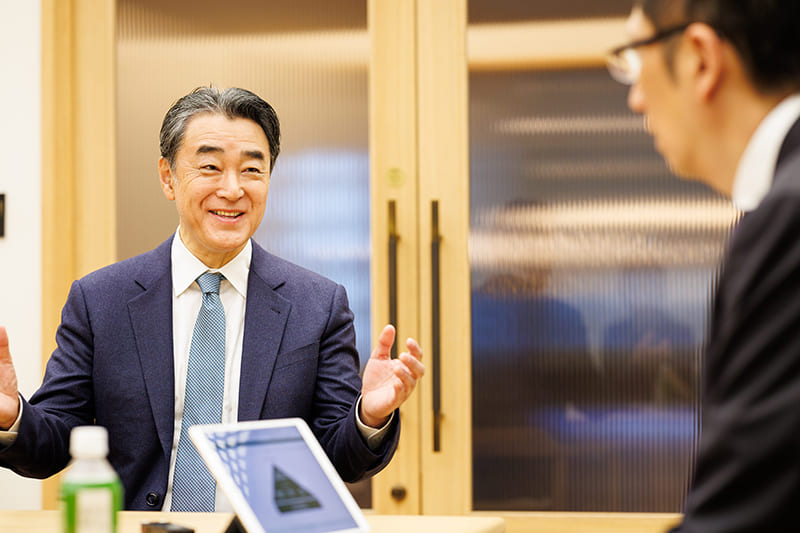
As for education, Cainz works with suppliers to develop educational programs at its stores so children can learn about a variety of issues including climate change and disaster prevention.
In the field of the environment, Cainz plans to achieve the goal of net-zero carbon emissions at its stores by utilizing all the energy generated by its rooftop solar panels, as well as purchasing renewable energy and carbon credits from vendors, by the end of this year. It also aims to have the stores serve as “circular stations” where consumers can bring in recyclable waste and items for a circular economy, Tsuchiya said.
People have fortunately come to pay more attention to DIY over the last few decades, he said. Unlike the United States, where the DIY concept was born and where the home improvement retailing giant Home Depot has flourished, Japanese understood DIY to mean just home repairs at the time when Cainz got started. But since then, the concept has changed drastically. Especially after the COVID-19 pandemic forced people to stay home, DIY has become trendier thanks in part to TV programs showing celebrities making furniture or renovating rooms. “Now most of our big outlets have DIY studios to teach customers how to do things,” Tsuchiya said, adding that “Cainz TV” internet videos and a web magazine owned by the company also make it easier.
However, the home improvement market is growing saturated. According to the Ministry of Trade, Economy and Industry, sales have hovered between ¥3.34 trillion and ¥3.39 trillion after hitting a peak of ¥3.49 trillion in 2020, when the pandemic took off.
Over the past decades, the number of market players has gradually decreased, but some initially small local companies like Cainz have become national giants. This situation is causing fierce competition.
Whether home improvement retailers can grow further hinges on how well they can develop products for professional users, Tsuchiya said. He said another key is overseas markets.
In the longer term, Tsuchiya said, Beisia Group will continue its “hedgehog” management strategy of “sharpening the needles” of edgy companies such as Workman and Hands like a hedgehog’s spines.
“There is no point in making a group with mediocre companies. It is best if we have a line of companies doing what others cannot do in their fields,” he continued. “Like the way hedgehogs grow spines, we want to have our group member companies be weapons for further growth.”
Naonori Kimura
Industrial Growth Platform Inc. (IGPI) Partner
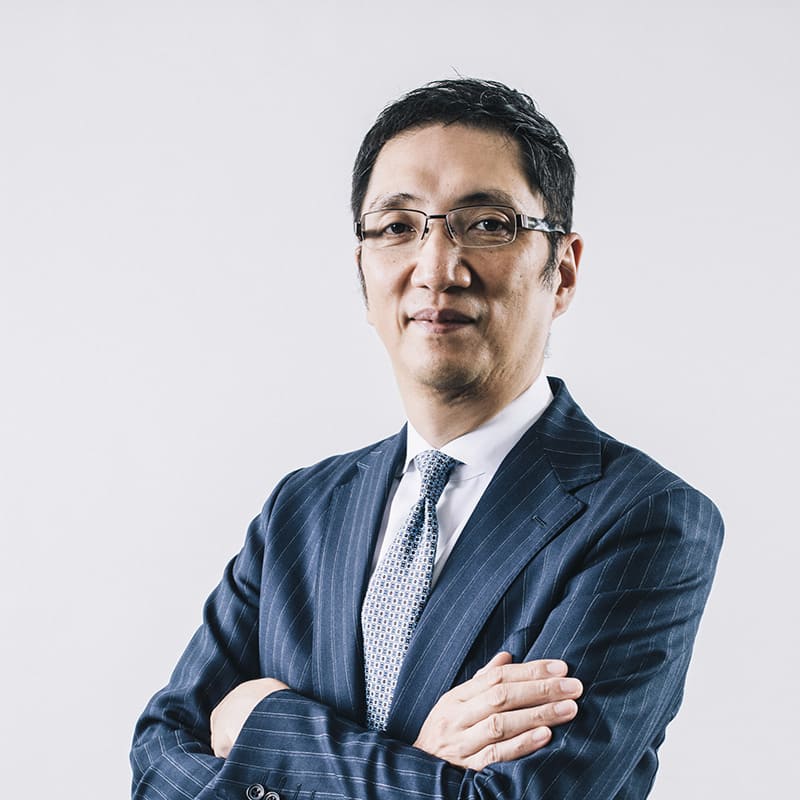
What makes Cainz is the spirit of DIY. The company introduced a private brand ahead of others and built a strong position in the home improvement retailing market. This spirit has helped Cainz gain a competitive advantage by creating the foundation of its corporate value: providing opportunities for customers to enjoy DIY activities in their lives.
That also reflects its promise to its customers, which it calls “Kurashi-ni, la-la-la” — the “La-la-la Lifestyle.” Competition in the industry has intensified due to the introduction of other retailers’ house brands and the spread of e-commerce. But the company takes advantage of its strength of having real stores carrying its goods and helps its outlets create chances to come up with new ideas.
The company’s further foresight is seen in its “Kumimachi” (engaging firmly with towns) plan, which extends the DIY spirit to regional development and providing solutions to problems. It is a grand plan, making each store a regional hub for industrial development and collaboration, a lifeline as a disaster prevention and response center, and part of the zero-emission and circular economy.
Cainz goes beyond the conventional boundaries of DIY stores and is evolving to become a company essential to the regions’ continuation. I hope for a future in which attractive towns with Cainz outlets at their centers emerge around the country and activate society overall.

